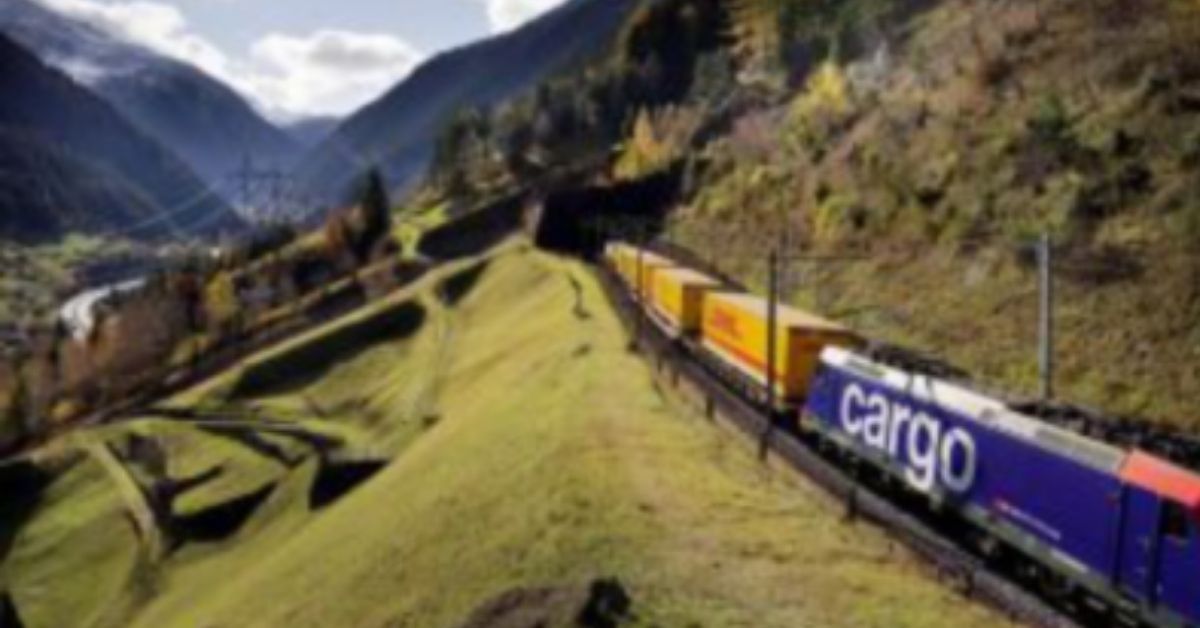The experience of single container and logistics operators, through rates, which was implemented along main transport corridors of Eurasia (Northern Eurasian/Trans-Siberian Corridor, Central Eurasian Corridor China – EAEU – EU, etc.) should be extend to North South Corridor.
Soft infrastructure measures, including harmonisation of processes and rules to be followed and coordination among the transport stakeholders by governments and the private sector are crucial to make INSTC lucrative. For this reason, improving such infrastructure is critical to the INSTC development agenda.
Soft infrastructure improvement along INSTC should include commencement of regular (scheduled) container services from Jawaharlal Nehru Port to Russia and Central Asia via Iran; Creation of favourable tariff environment; An agreement on mutual trade and transport facilitation; actions taken towards establishment of free trade areas; Bilateral road transport agreements (especially between Central Asian states and Iran) need to include vehicle weight and dimension requirements, recognition of third-party semitrailers, etc. An agreement to simplify visa issue procedures for transport personnel of all modes of transport; Expansion of cooperation among the customs authorities of the INSTC countries (e.g., a permanent task force); AEO mutual recognition agreements conclusion (for Central Asian states); Implementation of best practices in line with the standards and recommendations of the World Customs Organisation (WCO); Digitalisation of customs formalities: electronic predeclaration and transit declarations, digital customs transit tools, etc and Implementation of digital tools and documents in Central Asia and Iran – e-CMR, e-TIR, e-permits and electronic data exchange for railways.







